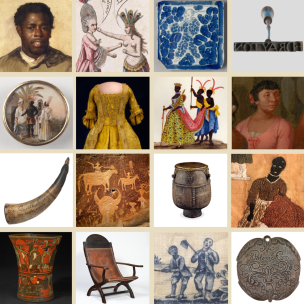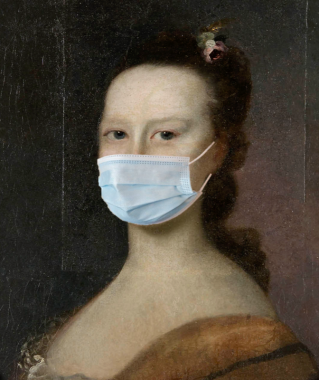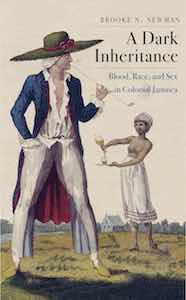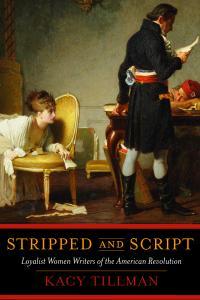The Temple Early Atlantic Seminar presents a day-long symposium
The Long Game of U.S. Historiography:
A Century of Competing Interpretations
Monday, March 23, 2020
9:00 ~ Introduction
9:15-10:45 ~ François Furstenberg, Johns Hopkins University
“Frederick Jackson Turner and the Physiographic Imagination”
Although Frederick Jackson Turner has long been associated with the field of Western history, his historical vision went far beyond the U.S. West. This paper explores Turner’s fascination with the discipline of “physiography,” a late nineteenth century science that combined geography, geology, forestry, minerology, glaciology, and climate sciences more broadly. Might we even see it as a precursor of today’s environmental history?
11-12:30 ~ Harvey Neptune, Temple University
“The Lost Work of Daniel J. Boorstin: rethinking anti-racist historiography on the Early Republic”
In the widely accepted story of the anti-racist turn in Founding Fathers’ scholarship, Winthrop Jordan’s White Over Black: American Attitudes Toward the Negro figures conventionally as the “landmark,” the big book that heroically led to the scholarly “demolition” of the Jeffersonian image. The following essay offers an alternative account, one that recovers a rarely acknowledged piece of scholarly writing that critically exposed Jeffersonian white supremacy two decades before White Over Black. Authored by Daniel J. Boorstin, this “lost” work first appeared in 1948 in a book titled The Lost World of
Thomas Jefferson.
1:45-3:15 ~ Johann Neem, Western Washington University
“The Fate of Democracy in the Changing Fields of Early American Historiography”
Traditionally, historians took the nation-state for granted. Embracing a global perspective, new scholars of a vaster early America have moved beyond this perspective. Their new narratives, however, reinforce neoliberal ideas of society and politics. Emphasizing exchange across borders, many histories of early America question the benefits of democracy when contrasted against empires’ capacity to create multicultural global polities.
3:30-5:30pm ~ Roundtable Discussion: The Long Game of U.S. Historiography
François Furstenberg, Harvey Neptune, Johann Neem
Chair: Jessica Choppin Roney, Temple University
** All attendees should register and plan to read the three pre-circulated papers in advance. **
Register at
https://long-game-of-us-historiography.eventbrite.com
This event is generously co-sponsored by the Temple History Department and
the McNeil Center for Early American Studies.
 In a commitment to fostering nuanced interpretations of early American objects and meaningful dialogue on historical constructions of race and their legacies, we propose a virtual ‘unconference’ to share and discuss scholarship on the intersections of identity and material culture in #VastEarlyAmerica. This participant-driven, lightning round-style event will be held via Zoom, with two approximately two-hour afternoon sessions conducted in English. Energized by Dr. Karin Wulf’s
In a commitment to fostering nuanced interpretations of early American objects and meaningful dialogue on historical constructions of race and their legacies, we propose a virtual ‘unconference’ to share and discuss scholarship on the intersections of identity and material culture in #VastEarlyAmerica. This participant-driven, lightning round-style event will be held via Zoom, with two approximately two-hour afternoon sessions conducted in English. Energized by Dr. Karin Wulf’s 

 author of
author of  Kacy Tillman,
Kacy Tillman,